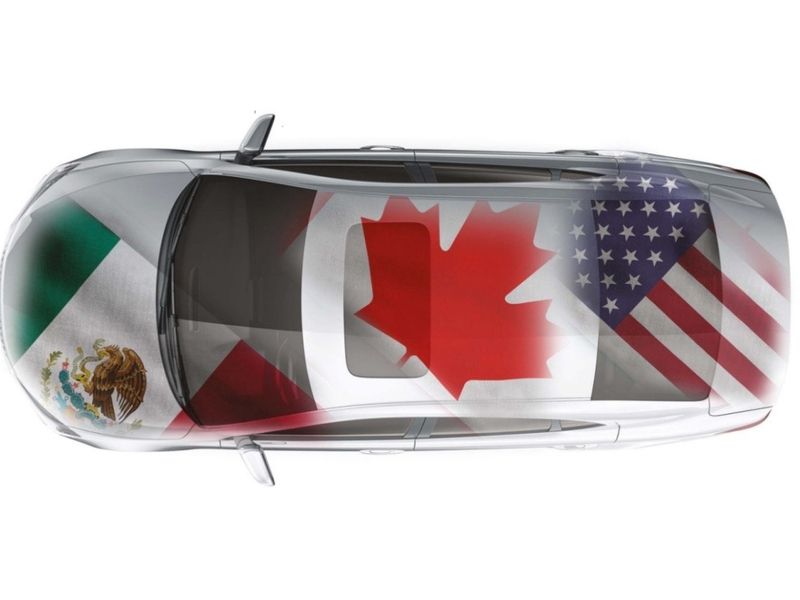
OTTAWA — Canada intends to sign onto Mexico’s complaint against the U.S. over its interpretation of rules of origin in the automotive industry, Trade Minister Mary Ng said on Thursday.
Mexico asked last week for a dispute settlement panel under the terms of the U.S.-Mexico-Canada trade pact. It wants to clear up disagreements over how to apply automotive sector content requirements under the treaty.
The USMCA, which replaced the longtime NAFTA trade pact in July 2020, says 75 percent of a vehicle’s components must originate in the three nations to quality for tax-free status, up from 62.5 percent under NAFTA.
Mexico and Canada favor a more flexible interpretation of the regulations than the U.S., which sought an overhaul of NAFTA in order to protect U.S. manufacturing jobs.
“The interpretation that the United States adopted … is inconsistent with USMCA and the understanding shared by the parties and stakeholders throughout the negotiations,” Ng said in a statement.
The panel should produce a report “in the summer of 2022”, the statement added.
Mexican Economy Minister Tatiana Clouthier on Thursday welcomed Canada’s decision to join Mexico in the complaint.
“Happy to hear this,” Clouthier wrote on Twitter. “The regional industry that has been developed for long time has to be defended.”
The office of the U.S. Trade Representative expressed confidence its interpretation was consistent with the USMCA.
Spokesman Adam Hodge said by email that the rules of origin were needed to attract news investment and create good jobs.
But Flavio Volpe, president of the Canadian Automotive Parts Manufacturers’ Association, said the U.S. approach might persuade manufacturers to use cheaper parts from outside North America and accept the 2.5 percent tariff that the U.S. would then impose on their vehicles.
The biggest losers would be U.S. companies which supply around 55 percent of all auto parts used in North American production, he told the Canadian Broadcasting Corp.
The election of Joe Biden as president did little to improve trade tensions with Ottawa that had simmered under Trump. A USMCA panel last week said Canada’s dairy practices violated the accord and last month Ottawa launched a challenge against U.S. duties on softwood lumber.
Washington is also unhappy about a proposed Canadian tax on digital services, and reiterated its complaints on Wednesday.